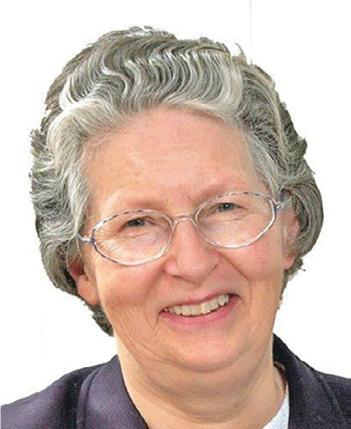Life After Rochford – “SENCos Can At Last Have Some Certainty”

Rona Tutt welcomes the government’s long-awaited response to the Rochford Review and ponders where things go from here…

- by Rona Tutt

After a series of delays caused by the EU referendum and its aftermath, an additional general election and various changes at the top of government, schools and SENCOs can at last have some certainty about the future of assessment for primary pupils, including those working below the standard of the national curriculum tests.
In September 2017, the DfE finally issued responses to two consultations that had been running concurrently – one on primary assessments for all pupils launched back in March, and another to the final recommendations of the Rochford Review.
In 2015, Diane Rochford was appointed by the DfE to lead a group tasked with looking at ways of assessing primary pupils working below the standard of national curriculum tests. With the national curriculum having been made more demanding, and following the scrapping of levels, there has been a rise in the number of pupils falling into the gap between the top end of the P scales and those able to take the tests.
The review group’s first report, published in December 2015, started to address this gap by extending downwards the three existing standards. In the review group’s final report of October 2016, these were extended further to cover pupils hitherto assessed as being at P4 to P8 of the P scales.
That leaves a small percentage of pupils who are at the earliest stages of the P scales, i.e. P1 to P3. For these pupils, Rochford has suggested that they be assessed using the seven areas of engagement for cognition and learning, which draw on the work of the Complex Learning Difficulties and Disabilities (CLDD) research project that was carried out between 2009 and 2011, led by Professor Barry Carpenter. The areas in question are responsiveness, curiosity, discovery, anticipation, persistence, initiation and investigation.
Since the progress of other children is also measured using cognition and learning, this provides some continuity in terms of progress in reading, writing and maths.
The DfE has largely accepted Rochford’s main proposals – namely that:
- P scales no longer be statutory
- The interim pre-key stage standards be made permanent and extended to cover all pupils engaged in subject-specific learning
- The Engagement approach be piloted for assessing pupils in non subject-specific studies
Over the autumn 2017 and spring 2018 terms, up to a hundred schools will be working with the DfE on this Engagement pilot. Researchers have been asked to produce a preliminary report in late spring, before the publication of a final report later on.
The DfE is also running a second pilot to review the pre-key stage standards, now that they’re to be made permanent. Already, a few tweaks have been made for the current academic year – partly to match the minor adjustments that have been made to the teacher assessment frameworks, and partly to recognise that pupils with SEND may need additional ways of demonstrating what they can do.
The following documents, intended for use in 2017-18, were published by the Standards and Testing Agency (STA) in September:
- Teacher assessment frameworks at the end of KS1 and KS2
- Pupils working below the test standard, interim pre-KS1 and KS2
It will be a few months before the outcomes of the pilots are known, but at least there’s now some clarity as to the way forward. In the meantime, there’s more than enough reading to be getting on with in preparation for yet another change. Hopefully this one will bring greater recognition to the achievements of pupils with SEND and those who support them.
Dr Rona Tutt OBE is a former chair of the NAHT Special Education Needs Committee










